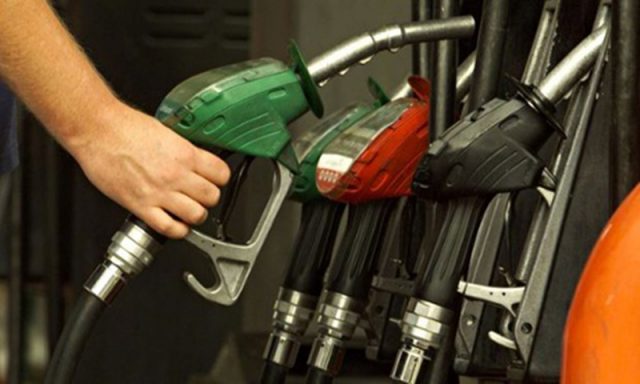MANILA – Poor families can benefit from the Department of Finance’s (DOF) tax reform proposal with the highly targeted cash transfers that will be distributed to the country’s poorest households, according to an economist.
However, poor families could also be adversely affected due to the proposed increase in the excise tax on petroleum products and expansion of the coverage of the value-added tax (VAT).
Rosario Manasan, a senior research fellow of government think tank Philippine Institute for Development Studies (PIDS), said 40 percent of the increment on excise tax from petroleum will be used for targeted cash transfers.
Manasan, an expert in public finance, noted that target beneficiaries will be identified utilizing the National Household Targeting System of the Department of Social Welfare and Development (DSWD), the same tool used by the Pantawid Pamilyang Pilipino Program (4Ps).
However, both Congress and Senate have yet to decide whether to provide the targeted unconditional cash transfer for three years based on Senate Bill 1408, or for one year only as stipulated in House Bill (HB) 5636, she said.
“My own recommendation is three years to give time for the transfer to have some impact on growth and benefit the poor,” Manasan said.
HB 5636, also known as the Tax Reform for Acceleration and Inclusion (TRAIN), is part of the DOF’s Comprehensive Tax Reform Program (CTRP) that recommends lowering the personal income tax (PIT) but increasing excise taxes on fuel, new cars and sugar products.
Poor families will not benefit from the reduction of the PIT because they are not paying any personal income tax even under the present system, as their incomes are below the taxable threshold.
Manasan said poor families are also bound to be adversely affected due to the proposed increase in the excise tax on petroleum products and expansion of the coverage of the value-added tax (VAT).
The House of Representatives has already approved its version of the TRAIN (HB 5636) last June 2017.
Currently, the Senate Committee on Ways and Means is deliberating on HB 5636 as well as Senate Bill 1408, the version of the TRAIN that was filed by Senate President Aquilino Pimentel III.










